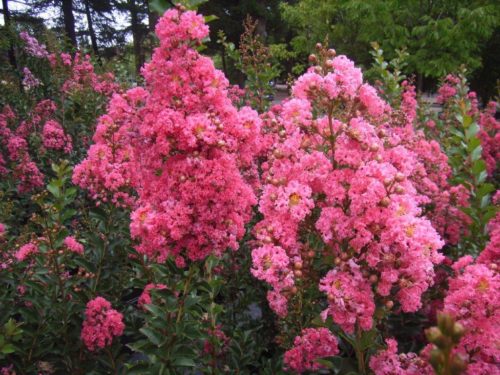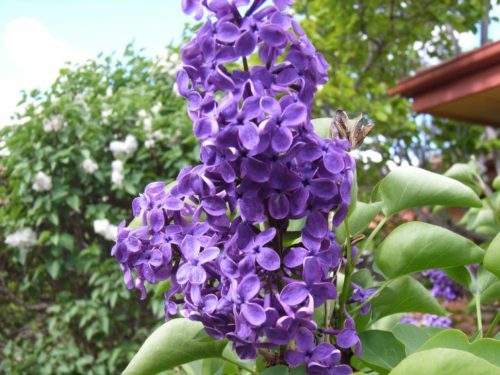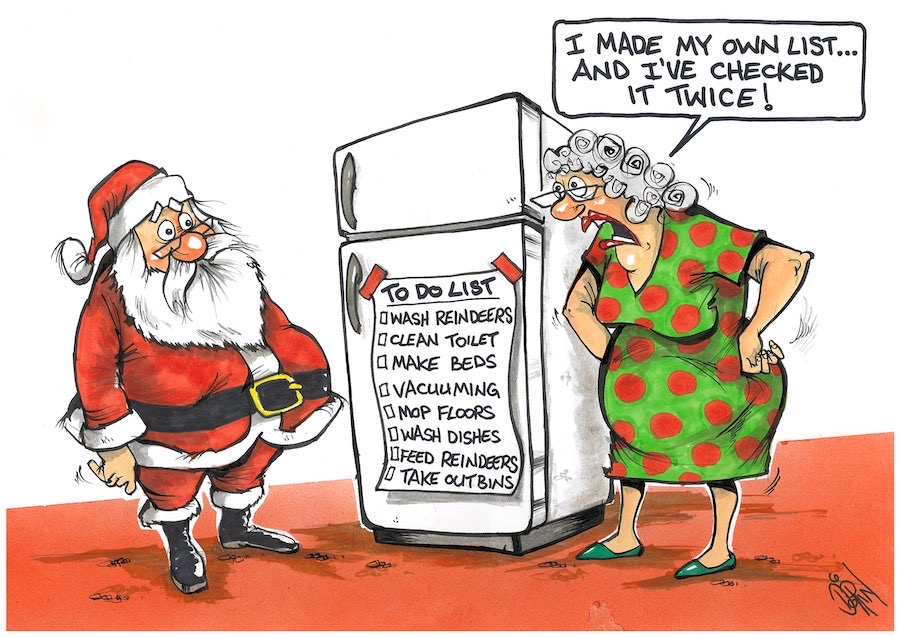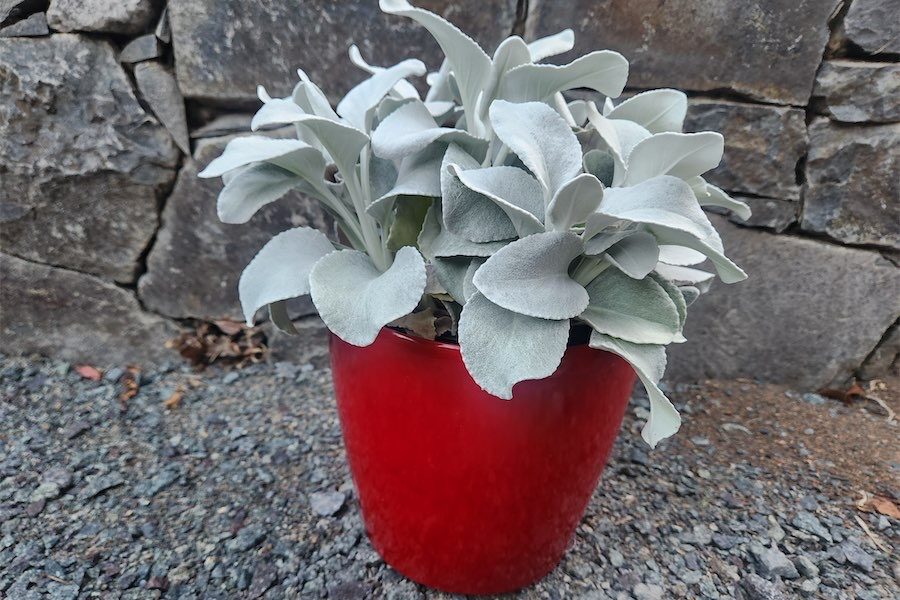
“With the unseasonable weather, many plants were seriously confused,” says gardening writer CEDRIC BRYANT.
Home gardeners, commercial horticulturists and farmers are eternal optimists.

I was in England just after the Great Storm in 1987, which caused massive destruction running into billions of pounds. More than 15 million mature trees came down in about half an hour; many of them historic and hundreds of years old, from Kew Gardens and home gardens alike.
And yet, much like our past year, people do overcome these disasters. Farmers sowed crops in anticipation of rain. Home gardeners cleared or pruned hail-damaged trees and shrubs and tried to restore order.
So it is with optimism that we face the new year.
It was the best spring for years and is continuing so into summer with regular rainfall. With the unseasonable weather, many plants were seriously confused.
I had numerous inquiries regarding plants flowering out of season. Dahlias and salvias, which flower in autumn, were in full flower over a month ago in early December! No, I can’t account for these events. The big question is, will they flower again at the appointed time in autumn? I don’t have an answer.
I still recommend planting trees and shrubs in autumn, particularly in new suburbs, where there’s no shade. Consider also the variety of plants, particularly trees such as Japanese maples with their delicate leaves and structure.
Now and the next couple of months can be very hot, with equally hot winds. It can be very expensive to see those new plants die not long after planting.
A FEW suggestions of small trees for small gardens. Lagerstroemia indica, or crepe myrtle grows very well, and are now used as street trees in Queanbeyan – Canberra, take a hint!
The large range of cultivars has flowers ranging from purple, mauve, pink and white. These flower in late summer and autumn and are renowned for the shedding bark of cinnamon colours in winter. Depending on the variety they range from one metre for dwarf varieties, ideal for pots on a sunny balcony, with some varieties growing up to three metres.

The crabapple Malus “Gorgeous” is perfect for crabapple jelly, my favourite. With pink blossoms in spring followed by large red fruit in autumn, this grows to about two to three metres.
Another crab, Malus Cinzam “Cinderella”, is a natural dwarf cultivar grafted onto a short standard, with a mass of white blossoms in spring. Growing to about 2.5 metres with a very narrow spread of just 1.5 metres.
Syringa or lilacs, of which there is a large number of varieties and colours, are famous for their fragrance. Depending on the variety, they grow from the dwarf varieties of 1.5 metres tall to three metres for the taller varieties.
Equally there is a large number of Prunus or ornamental plum, which grows from two metres up to six metres. So make sure you check the size when you buy. A couple for the smaller garden include Prunus “Versicolour” with several colours of pale and dark and white blossoms on the one tree in spring.
Prunus Snofozam “Snow Fountains“, a grafted weeping cherry on a standard, grows two metres high with a 2.5-metre spread. Most grafted weeping cherries are far too large for most gardens – I’ve seen one 10 metres across!
Who can be trusted?
In a world of spin and confusion, there’s never been a more important time to support independent journalism in Canberra.
If you trust our work online and want to enforce the power of independent voices, I invite you to make a small contribution.
Every dollar of support is invested back into our journalism to help keep citynews.com.au strong and free.
Thank you,
Ian Meikle, editor




Leave a Reply